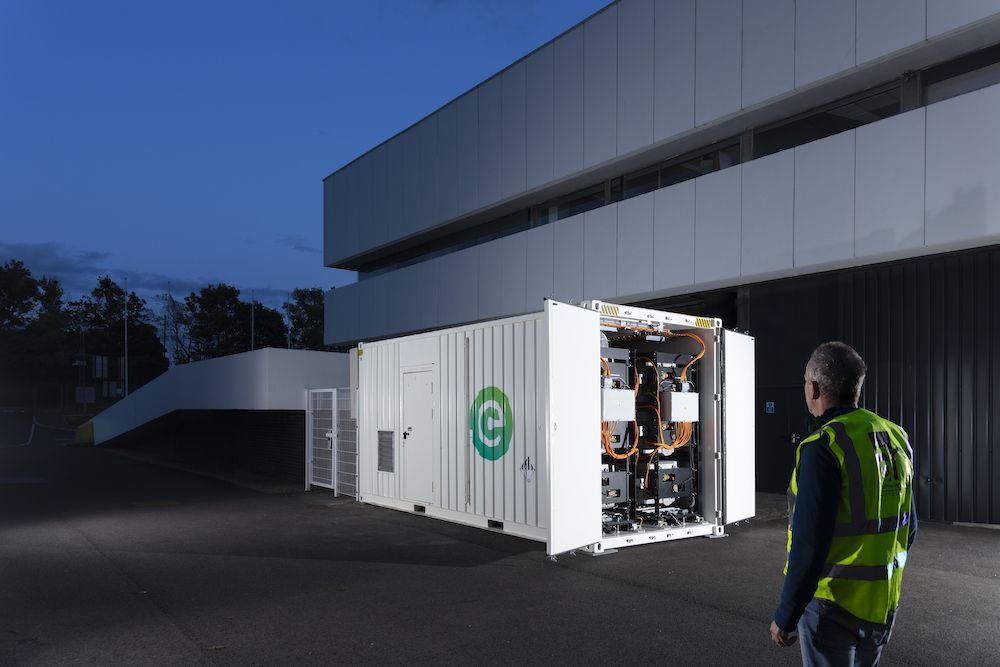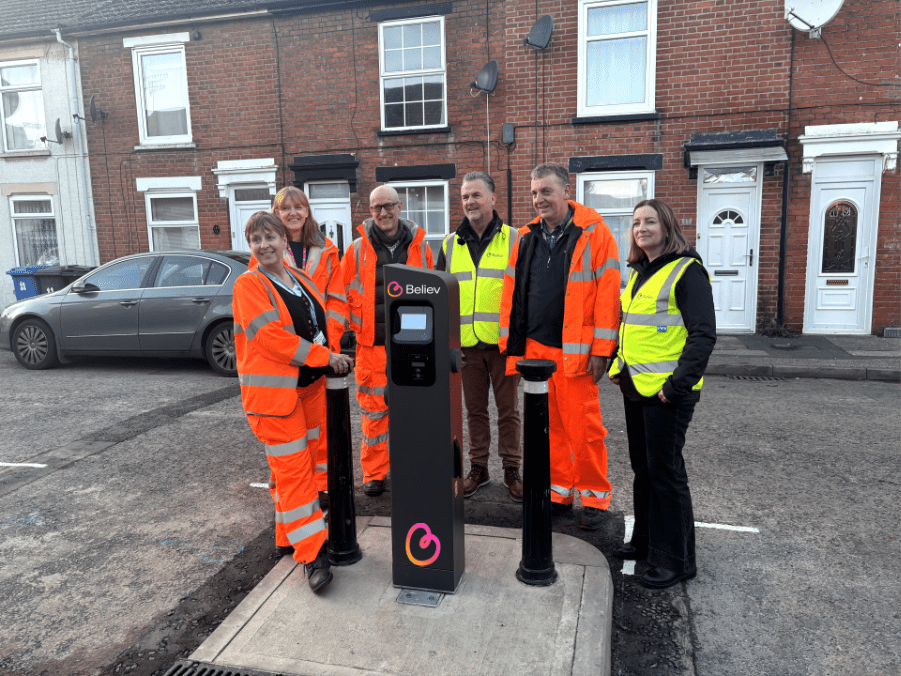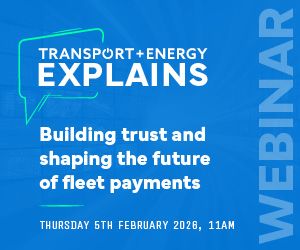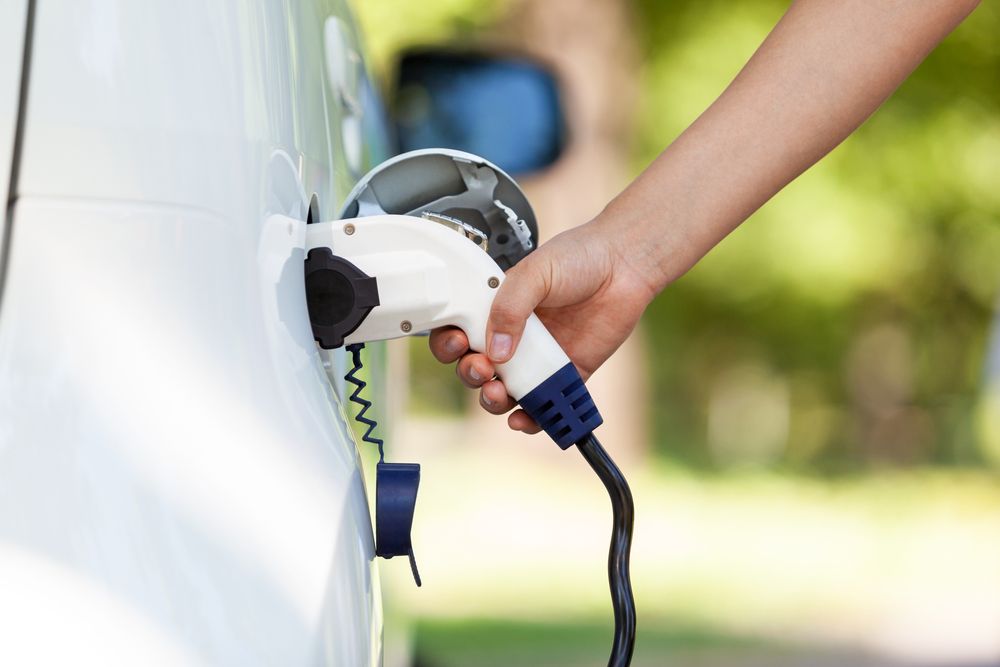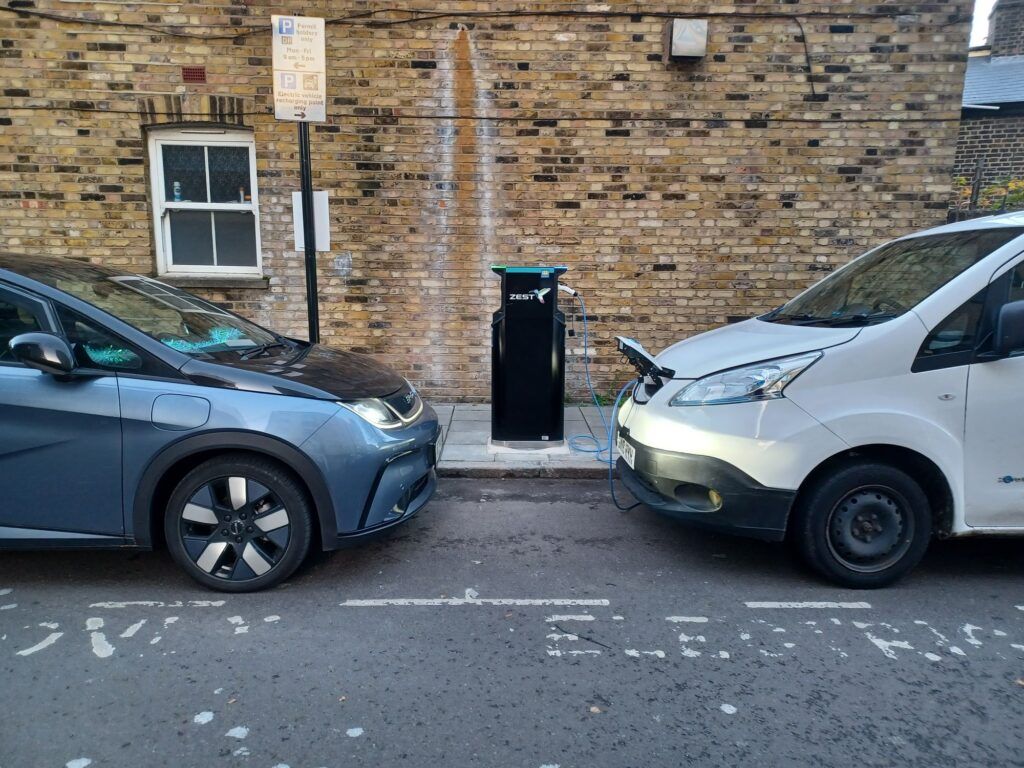EV charging infrastructure can become a revenue source for commercial fleet operators and truck dealerships thanks to a new incentive programme.
The Association of Fleet Professionals (AFP) is currently exploring ways that its members such as DPD and Royal Mail can share the EV charging infrastructure at their depots.
Reciprocal arrangements where operators can use each other’s charge points can help improve productivity, extend EV range, and reduce costs.
But van and truck operators can also easily monetise their chargers, according to energy storage experts, Connected Energy.
The new Demand Flexibility Service (DFS) from the National Grid incentivises businesses to reduce their demand on the grid during peak periods. This means that companies can get paid for using less energy. The aim is to help the electricity network to flatten out spikes and significantly reduces the risk of blackouts.
By pairing chargers with a battery energy storage system (BESS), fleets can charge their EVs while also reducing the amount of grid energy they consume during peak periods.
Connected Energy designs and produces E-STOR, which uses batteries from end-of-life EVs and gives them a second life in energy storage. These 300kW systems are used across Europe to support EV charging, generate revenue, and optimise on-site renewables.
Nigel Dent, head of sales at leading BESS provider Connected Energy, said it could be “a real game changer” for fleets.
He said:
“The modelling we’ve already seen for truck depots and HGV service centres indicates that companies could earn up to £15,000 a year by using a BESS to participate in DFS and other schemes.”
“A fleet depot or truck dealership is an ideal participant in reducing load as they’re more likely to be charging at set times, often overnight.
“Trucks need high-capacity chargers, typically 150kW or 350kW. By using a BESS you offset your energy use without actually having to turn off the charger. You can continue to charge the vehicle for that hour without drawing from the grid, meaning you can claim under DFS without impacting your operations.”
Image courtesy of Connected Energy



